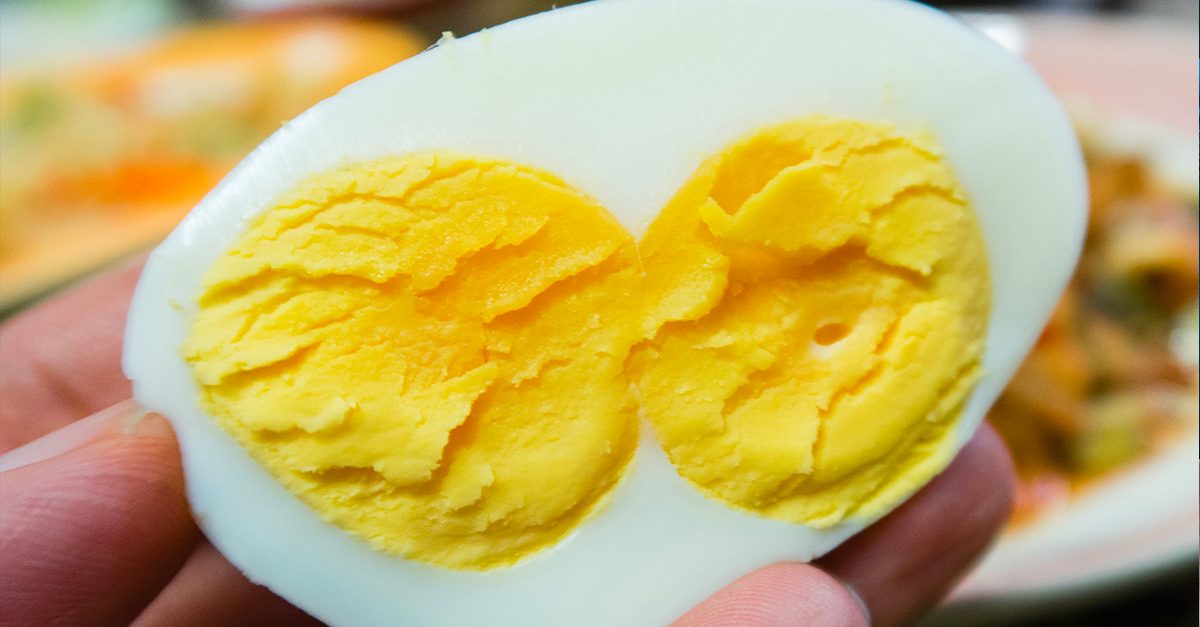All You Need To Know About Yolkless Eggs
Ninety percent of eggs' nutrients are in the yolk, but some eggs have no yolk. These are called yolkless eggs, and there are many myths about how they came to be.
;Resize,width=742;)
Eggs are a powerful food because they supply a large amount of nutrients and are easy to prepare in various forms. Sometimes, you might get lucky and meet two yolks in one egg, and other times, you could get stuck with an egg that does not even have one.
Eggs like these are called yolkless eggs, and they have many different names, including fairy egg, dwarf egg, witch egg, cock egg, and even fart egg. It is very rare to come across something like this, but it happens.
How Does A Yolkless Egg Come To Be?

There are many myths behind what leads to the production of eggs that don’t have yolk. They started calling them fairy eggs because they were noticeably smaller than the normal eggs, and they got the ‘fart egg’ nickname because many people suspected it could be the result of a chicken passing gas. Some even believed them to be laid by roosters rather than hens, and they were a sign of the devil. According to superstition, the egg must be disposed of by being thrown over the discoverer's roof to avoid anything evil happening.
The myths remain exactly that: myths. According to Garden Betty, none of them are correct. She said such eggs come about after a small amount of reproductive tissue enters a hen's oviduct. It tricks the chicken's body into believing it has produced a yolk, which leads to the laying of a yolk-less egg.
It is very difficult to see these kinds of eggs on grocery store shelves because they often look very different from normal eggs. Their smaller size difference makes it easy to pick out among typical eggs going to store shelves. The color may also differ, too. This is because yolkless eggs often spend a longer or shorter amount of time in the hen's shell gland pouch due to the abnormal cycle, so they will often be a lighter or darker shade than a typical egg.
Can You Eat An Egg Without A Yolk?

A yolkless egg is one devoid of a yolk, the component of the egg that contains the fat and cholesterol content of an egg, but that does not make it inedible. So yes, you can definitely consume a yolkless egg. However, you’ll be missing out on many vitamins like A, D, E, and K, as well as DH. Regardless, the egg white provides a host of nutritional benefits with its rich profile that contains as much as 4g of proteins alongside essential minerals like calcium and potassium.
Summary
Yolkless eggs may have been a bizarre phenomenon in the past but that has changed and we now know how exactly they come about. It has everything to do with reproductive material getting into places that trick the hen’s body into thinking it made a yolk when, in fact, it didn’t.
;Resize,width=767;)
;Resize,width=712;)
;Resize,width=712;)
;Resize,width=712;)
